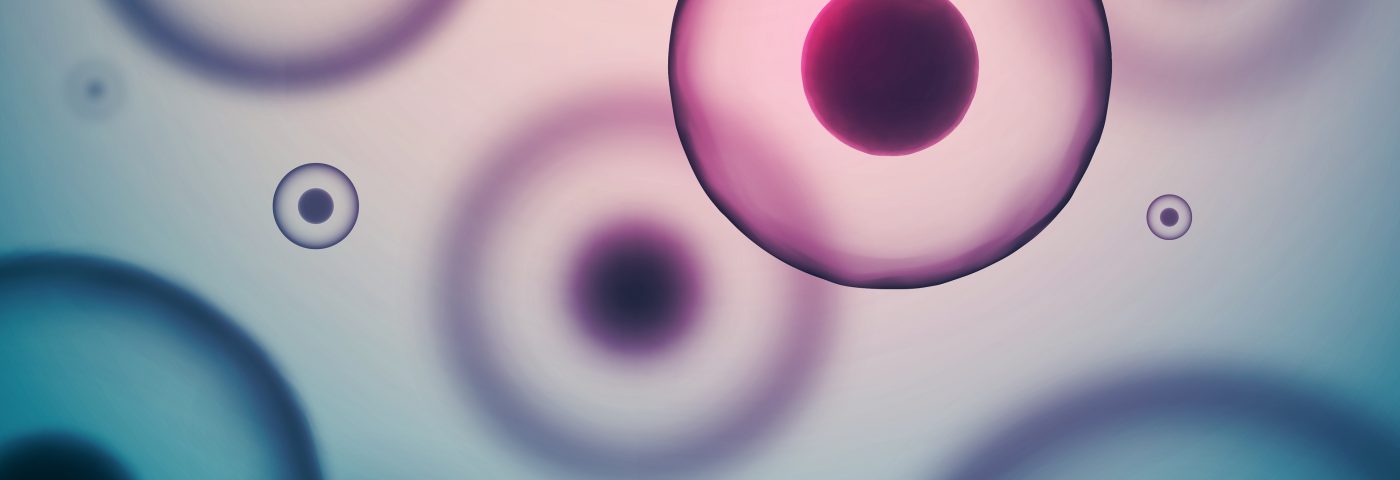Novartis has released findings from a Phase 2a study evaluating the safety and efficacy of its novel chimeric antigen receptor T-cell (CART) immunotherapy CTL019 in two types of relapsed or refractory non-Hodgkin Lymphoma. The data was presented in an oral session at the American Society of Hematology’s (ASH) recent annual meeting.
Results of study, entitled “Sustained Remissions Following Chimeric Antigen Receptor Modified T Cells Directed Against CD19 (CTL019) in Patients with Relapsed or Refractory CD19+ Lymphomas,” revealed an overall treatment response rate (ORR) at three months of 47% in adults with relapsed or refractory diffuse large B-cell lymphoma (DLBCL) and 73% in adults with follicular lymphoma (FL).
“These data add to the growing body of clinical evidence on CTL019 and illustrate its potential benefit in the treatment of relapsed and refractory non-Hodgkin lymphoma, a disease with few effective options,” study leader Stephen Schuster, MD, associate professor at the Division of Hematology/Oncology at the University of Pennsylvania, Abramson Cancer Center, said in a press release. “We look forward to continuing this study to further understand longer-term patient response.”
The study comprised 26 patients, all adults, 15 with DLBCL and 11 with FL. Results showed that three of the DLBCL patients with a partial response (PR) to CTL019 treatment at three months converted to complete response (CR) at six months. A similar six-month CR was found in three patients with FL. One DLBCL patient with a three-month PR showed disease progression at month six, and one FL patient with a three-month PR showed progression at 12 months post-treatment. Median progression-free survival was 11.9 months for FL patients and three months for DLBCL patients.
Four study patients developed a grade 3 or higher cytokine release syndrome (CRS), a condition observed when the engineered cells in the CTL019 infusion activate and multiply inside a patient’s body. Patients with CRS usually experience flu-like symptoms, including high fevers, nausea, muscle pain, and, in some cases, a drop in blood pressure and difficulties in breathing. Neurologic toxicity was observed in two other patients, including one grade 3 episode of delirium and one possibly related grade 5 encephalopathy.
CTL019 is individually manufactured, with a patient’s T cells collected through a blood draw called leukapheresis and reprogrammed to target cancer and other B cells displaying CD19. The patient’s own modified cells are then reintroduced into the body. The cells are treated at a Novartis facility in Morris Plains, New Jersey, the first FDA-approved Good Manufacturing Practices site for cell therapy production in the United States. The facility is now processing cells for ongoing Phase 2 multi-center global studies of CTL019 in specific types of leukemia and lymphoma.
“The company’s investment in our state-of-the-art manufacturing facility has given us the capacity and scalability needed to support our growing global clinical trial program,” said Usman Azam, MD, global head, Cell & Gene Therapies Unit at Novartis. “Novartis is proud to be the first healthcare company to initiate Phase II CART therapy trials in the US, Europe, Canada and Australia. This is a significant step forward in our mission to help address unmet medical needs of patients.”


